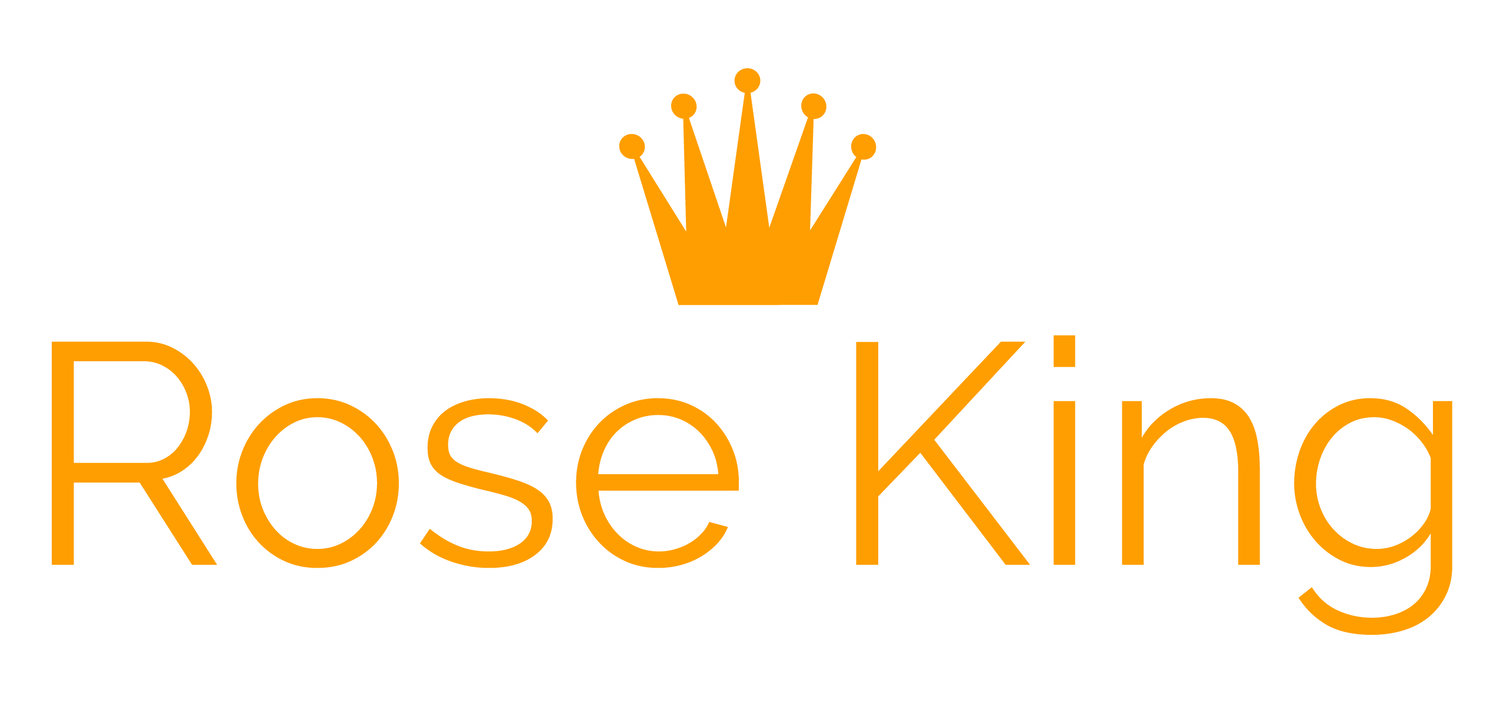Three weeks ago, some friends mentioned they’d attended a workshop by Drs. John and Julie Gottman, the famous couples counselors. I’d heard about the Gottman Institute over the years but was surprised by something they said that night. Basically, that when your heart races, you can’t communicate clearly – or sometimes at all.
What’s the threshold for effective communication? Turns out it’s 100 beats per min. [Photo credit: Daniel Canibano]
I saw a connection to public speaking and did what we all do when we hear something interesting. I googled it. I learned that, according the Gottman’s research, “if your heart rate exceeds 100 beats per minute, you won’t be able to hear what your spouse is trying to tell you no matter how hard you try.” The Gotmmans call this “flooding,” being overwhelmed by a barrage of emotions, which makes communication with other human beings all but impossible.
As my friends spoke, I realized I’d heard about flooding before: by clients who felt paralyzed by nerves right before a speech. Looking back, I’m guessing their heart rate was likely over 100 beats per minute.
Now, in the world of couple’s counseling, Gottman recommends taking a time out. Nothing good can be achieved when you or your spouse has been flooded by emotions. That’s not an option, however, when you’re about to step onto the stage, take the microphone, and deliver a 20-minute presentation.
My recommendation for speakers is first and above all, to be proactive. In other words, be hyper-aware of how your body is dealing with stress. Are your cheeks flushed? Hands sweaty? Heart racing? If they are, do a quick self-assessment. You can check your Fitbit, Apple Watch, or other tracker. But you don’t need fancy technology – just find a quiet spot to take your pulse. Count your heart beats for ten seconds and multiple the number by 6. This will give you objective data that can serve as a kind of early warning system. If your heart rate is, in fact, creeping up toward 100 beats per minute, it’s time to act.
The next step is figuring out what works for you. Some people benefit by taking a brisk walk around the venue before they speak or working out the morning of the event. This helps them shake off excess nervous energy (cutting down on pacing and verbal pauses like “um,” “like,” or “you know”) Other people use affect labeling to quell their anxieties. This involves naming the emotion that they’re experiencing, which can help take the sting out of it.
But by far, the most effective means I’ve found to calm nerves has been mindful breathing. I wrote about this in one of my first blogs, which you can read here. In short, regulate each breath by inhaling through your nose to a count of 4 and exhaling to a count of 4. Keep it up until you feel more composed. What I love about this process is that it interrupts the sympathetic nervous system which is responsible for high alert “fight or flight” responses. When done correctly, it will help you tap into the parasympathetic nervous system that’s responsible for the body’s “rest and digest” functions. (For a quick overview of both, check out this article.)
In the end, public speaking is about communicating but that’s tough to do when your heart rate surges over 100 beats per minute. So check in with yourself before the next speech. Then use the right techniques to keep your nerves in check and ensure you’re at your best as you walk up to the podium.
How have you managed your fear of public speaking? Let’s talk! – Rose (rose@rosespeechwriter.com)

![What’s the threshold for effective communication? Turns out it’s 100 beats per min. [Photo credit: Daniel Canibano]](https://images.squarespace-cdn.com/content/v1/56b15eefb6aa6091b8ce7fc2/1551987983097-5DNTTUK0EMEA1BACH9FG/daniel-canibano-540359-unsplash.jpg)